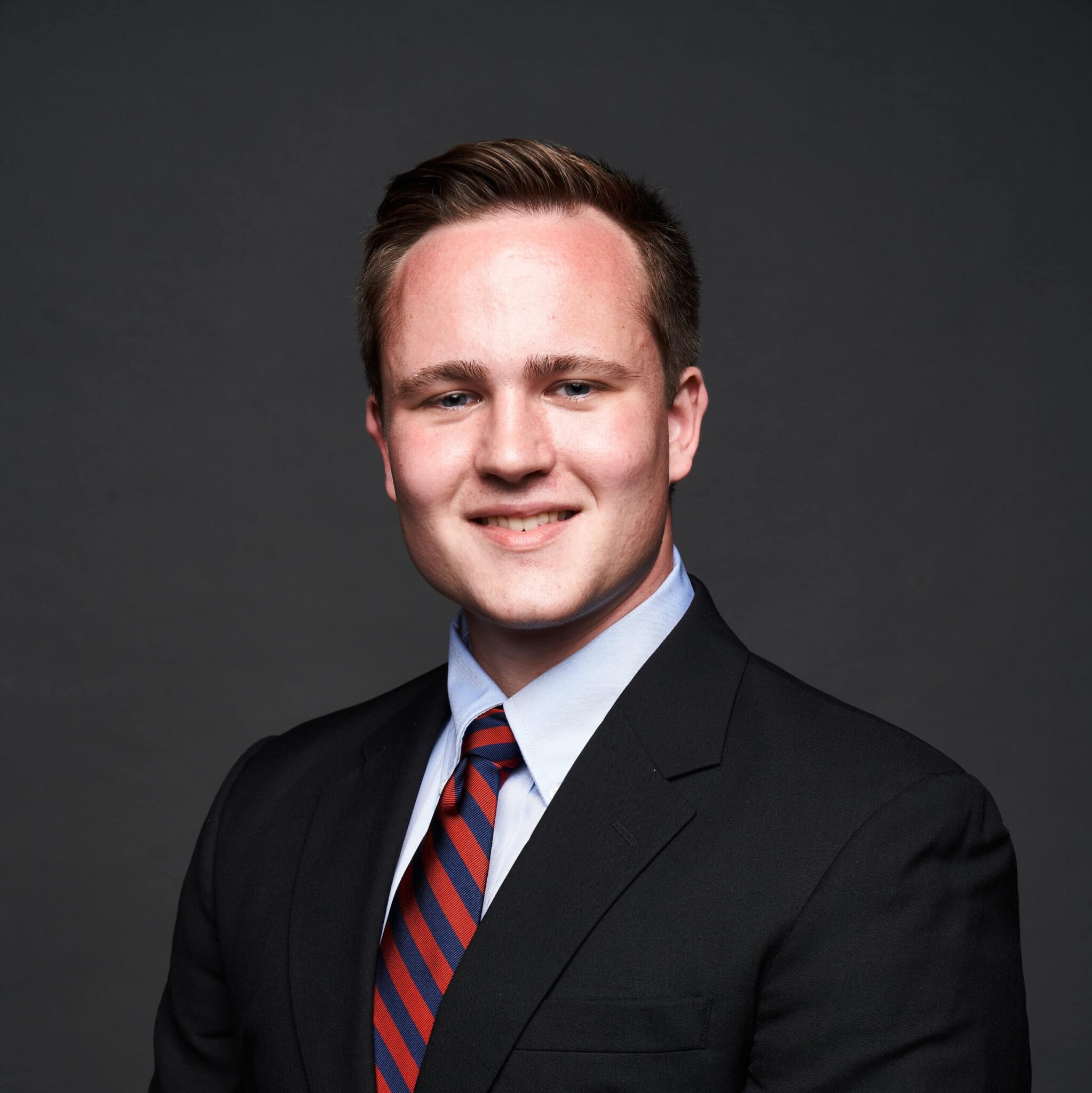Welcome to G3 Weekly—world news for conservative Christians.
The consequences of rampant secularism in Western nations became especially apparent over the past two years as government tyranny and godless ideologies hastened their advance. In this special edition of G3 Weekly, Pastor Tobias Riemenschneider of Evangelical Reformed Baptist Church in Frankfurt, Germany, discusses the state of gospel ministry in Europe and his hope that the Lord will cause a new reformation in the midst of deep spiritual darkness.
Riemenschneider was born into a family that subscribed to a heretical movement called the New Apostolic Church, which teaches that its leaders are living apostles who alone can forgive sins. His first encounter with evangelicals occurred when he and his sister were providentially assigned to live with a Christian family in Wisconsin during a summer exchange program.
“I must admit that I was very proud and thought my host parents were backward and somehow stupid for believing in biblical teachings such as creation in six days, even though science had ‘proven’ otherwise,” said Riemenschneider. “However, their firm belief in the Bible as the infallible Word of God and their steadfastness to live by its teachings left a lasting impression on me, and when I returned to Germany, I longed to witness such a living faith again.”
Riemenschneider left the New Apostolic Church after more than a decade, largely because sound biblical churches were scarce, and learned two weeks later that a missionary was launching Evangelical Reformed Baptist Church from his living room in Frankfurt. Riemenschneider, his sister, and his parents were soon baptized in the new church, and Riemenschneider eventually left his position as an attorney to become a vocational minister.
Approximately half of the German population still nominally belongs to one of the two state churches, the Roman Catholic Church and the Lutheran State Church, while some are taken captive by secular humanism and others are immigrants from predominantly Islamic countries, according to Riemenschneider. Professed atheism is especially common in the eastern half of the nation, which had been ruled by communism for four decades.
Trusting in their baptism or their occasional church attendance, those with some remnant of Christianity are not typically “worried about the eternal fate of their souls” because of their belief in a “sissified caricature” of God devoid of righteousness and justice. Those who have abandoned the Christian faith are “often openly hateful toward God and the ‘church’ because they consider faith to be unscientific, even dangerous, and an instrument of oppression by which church leaders enrich themselves” on the backs of gullible people.
“Whether they are nominal Christians or secular humanists, none of them consider themselves sinners in need of a Savior,” Riemenschneider continued. “My church has been preaching the gospel, handing out tracts, and talking to people on the streets of Frankfurt for almost eight years, and still we have not been blessed to see anyone repent of their sins and put their trust in Christ. From my conversations with pastors from other European countries, I get the impression that the situation is quite similar throughout Europe.”
Although the spiritual condition of Germany and the broader continent appears bleak, Riemenschneider noted that “the devastating effects of the anti-Christian worldview that dominates our society and our state are becoming increasingly clear and undeniable” in the wake of mandates and lockdowns. Riemenschneider is the author of the Frankfurt Declaration of Christian and Civil Liberties, a document rebuking the ascension of global authoritarianism manifested over the past two years as an affront to the rule of Christ.
Riemenschneider expressed hope that God would produce a revival in the country that once harbored the spark of the Protestant Reformation. In the meantime, Evangelical Reformed Baptist Church plans to edify believers in Germany through a Reformed publishing house and desires to launch a classical Christian school, even though homeschooling is persecuted to the extent that the state will take children if parents do not send them to government schools.
“I am not sure if we will see revival in Germany in our generation, but I hope that God will use our children to bring revival in their generation,” Riemenschneider said.





